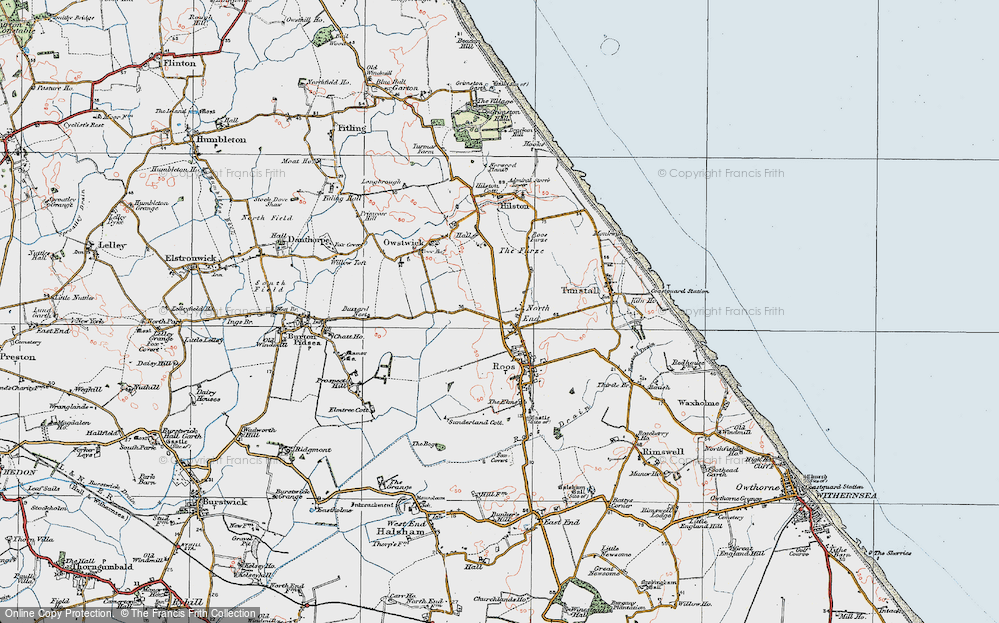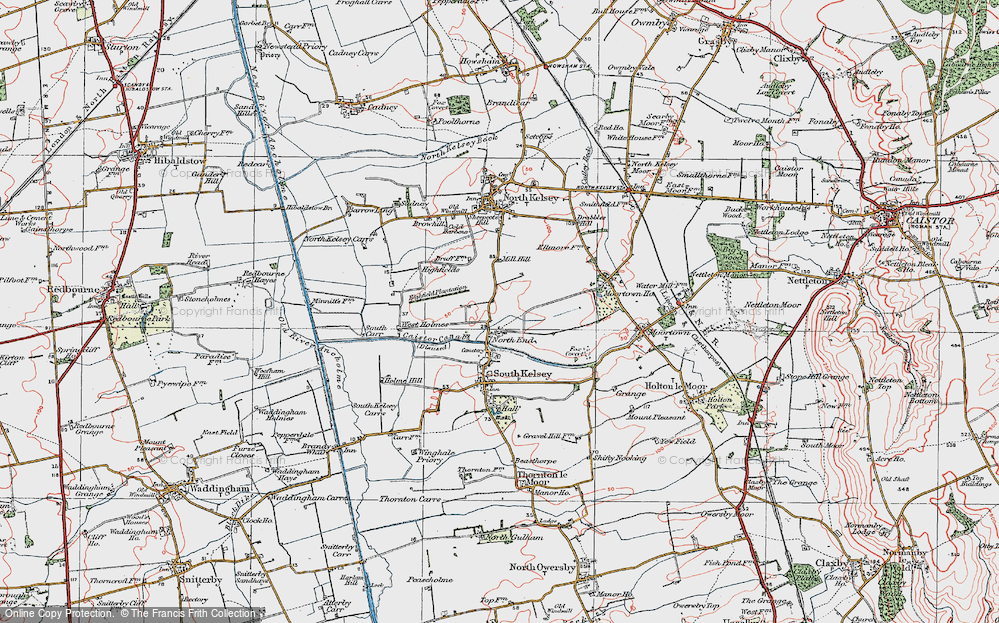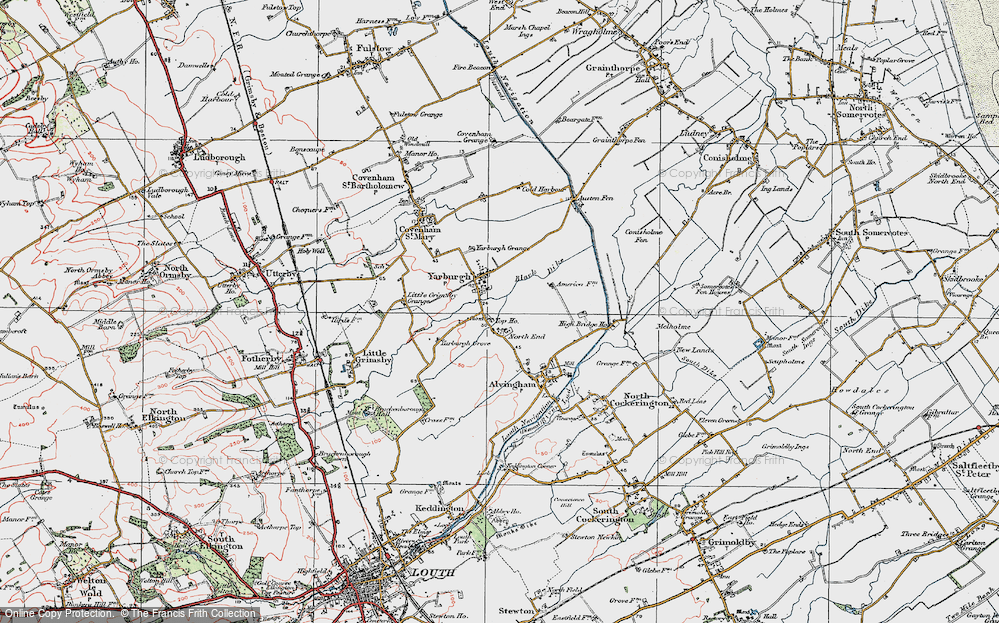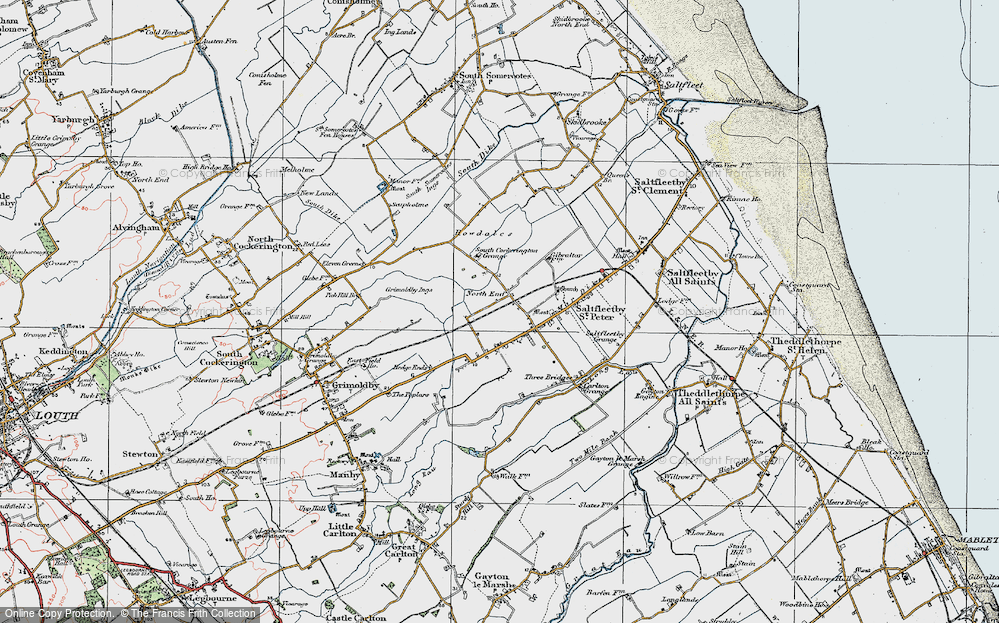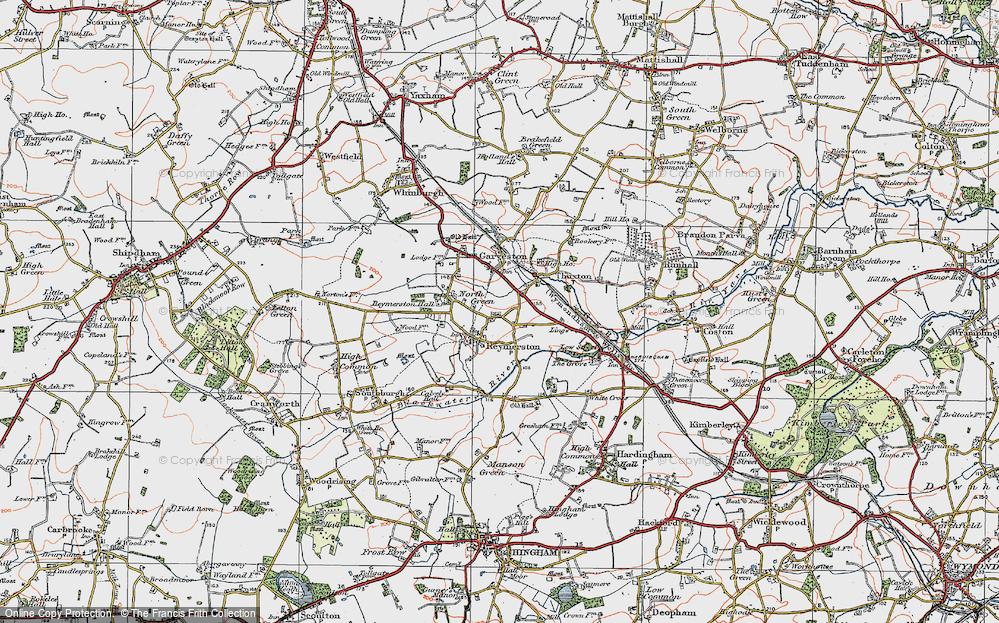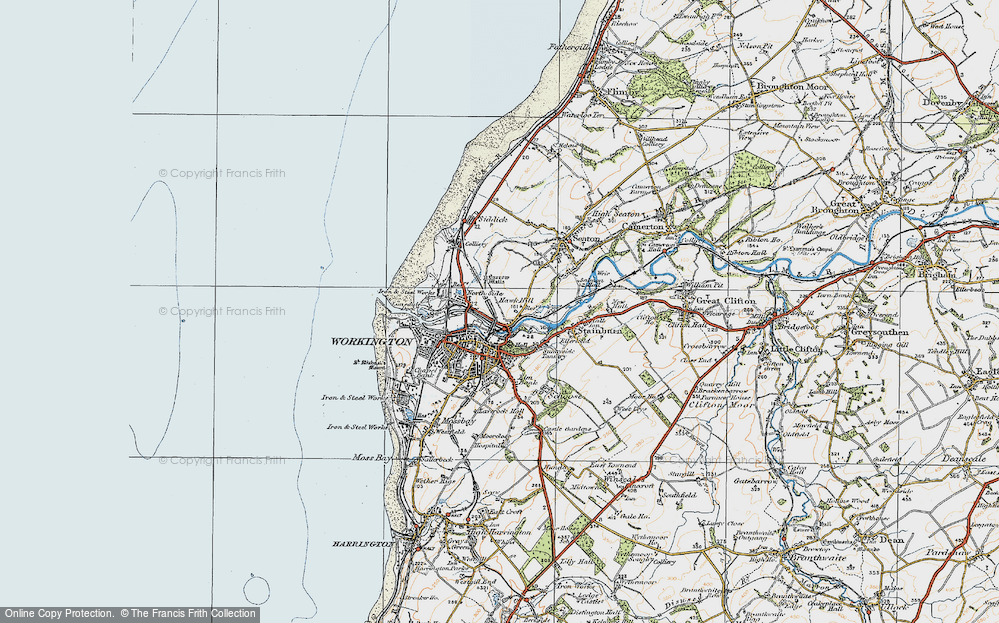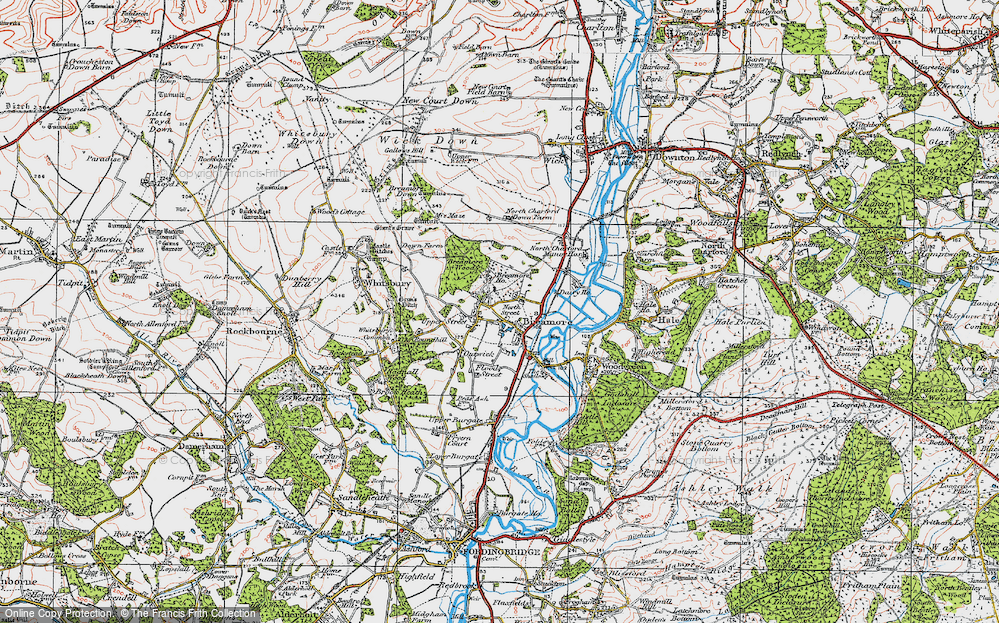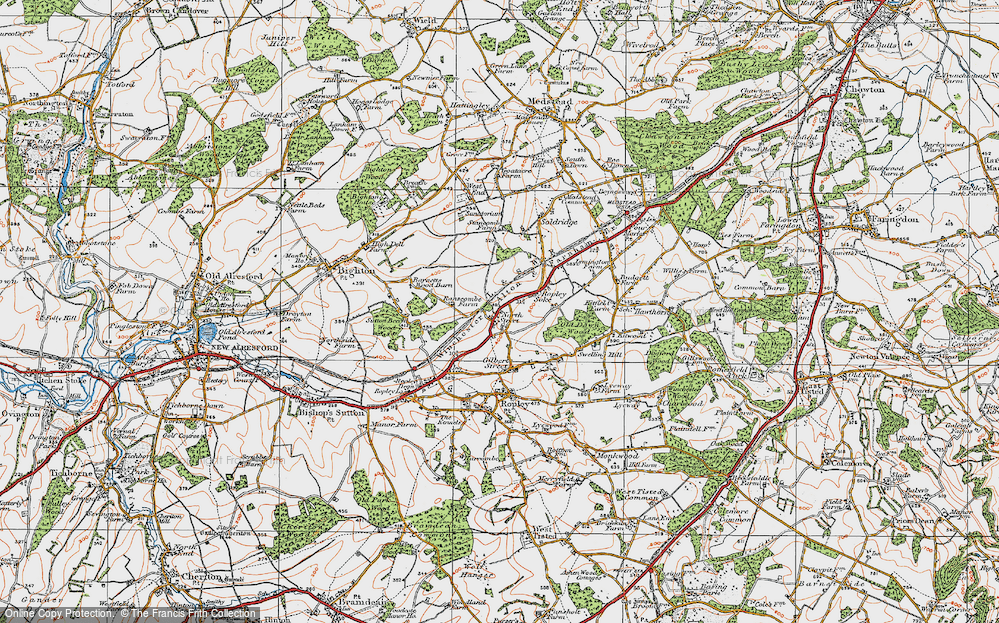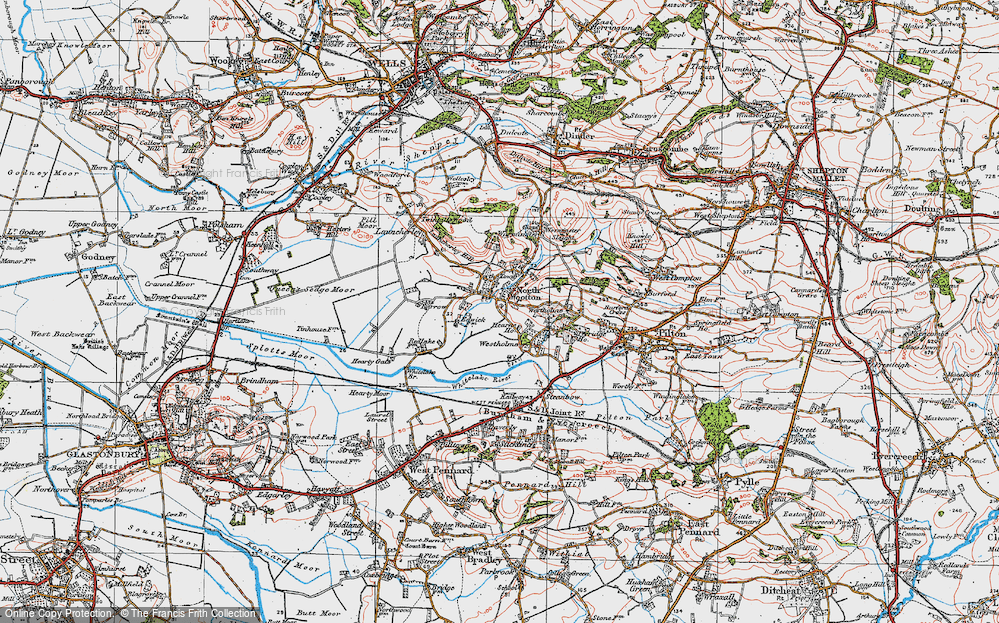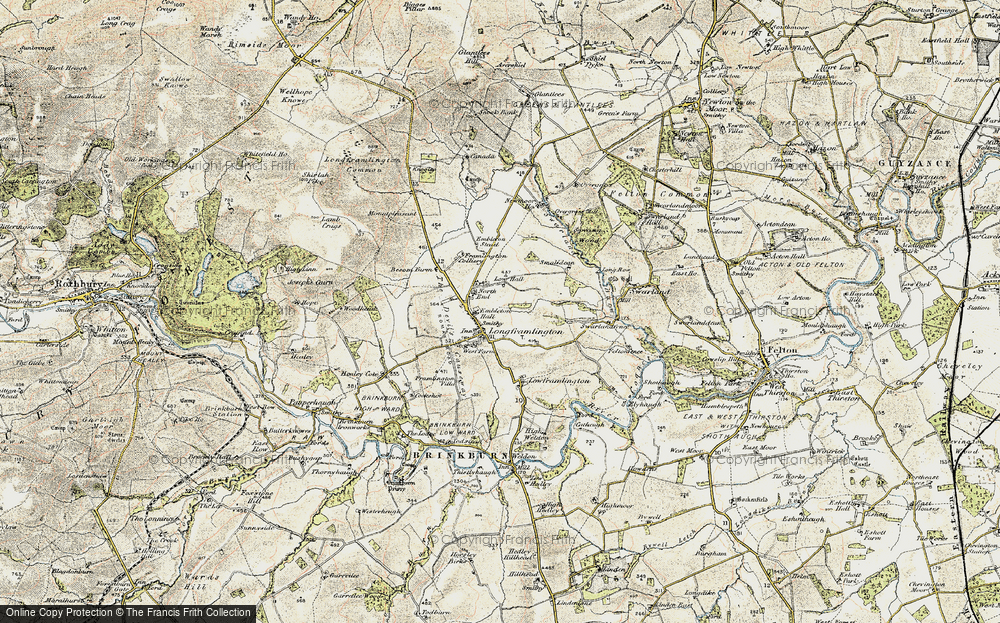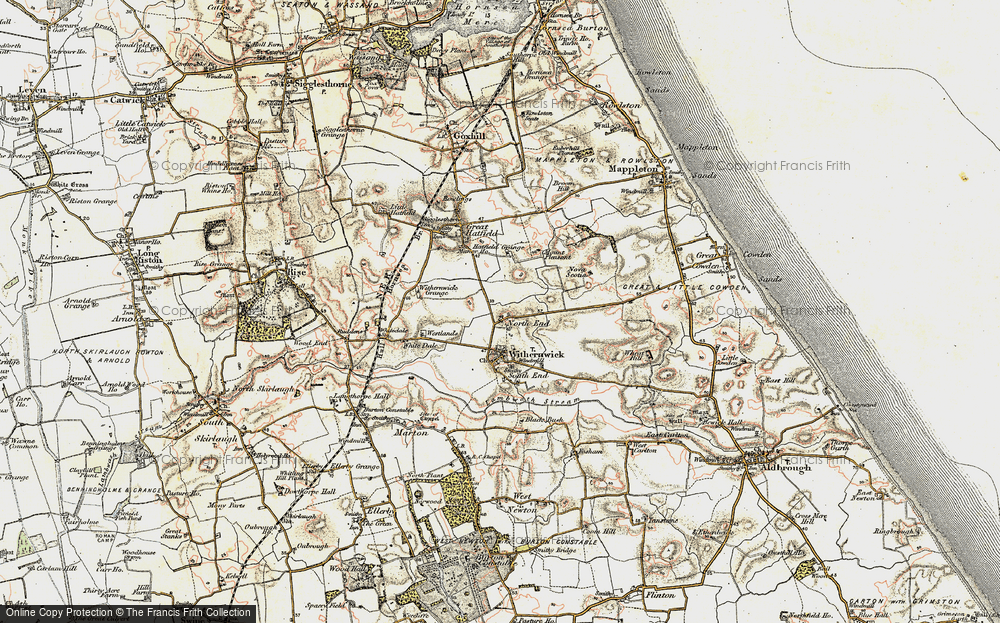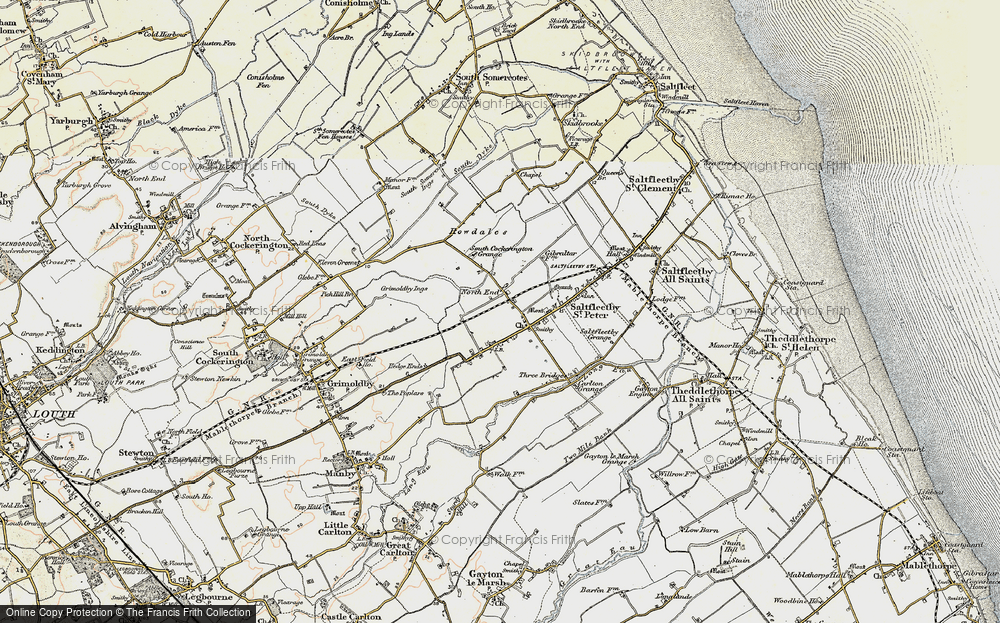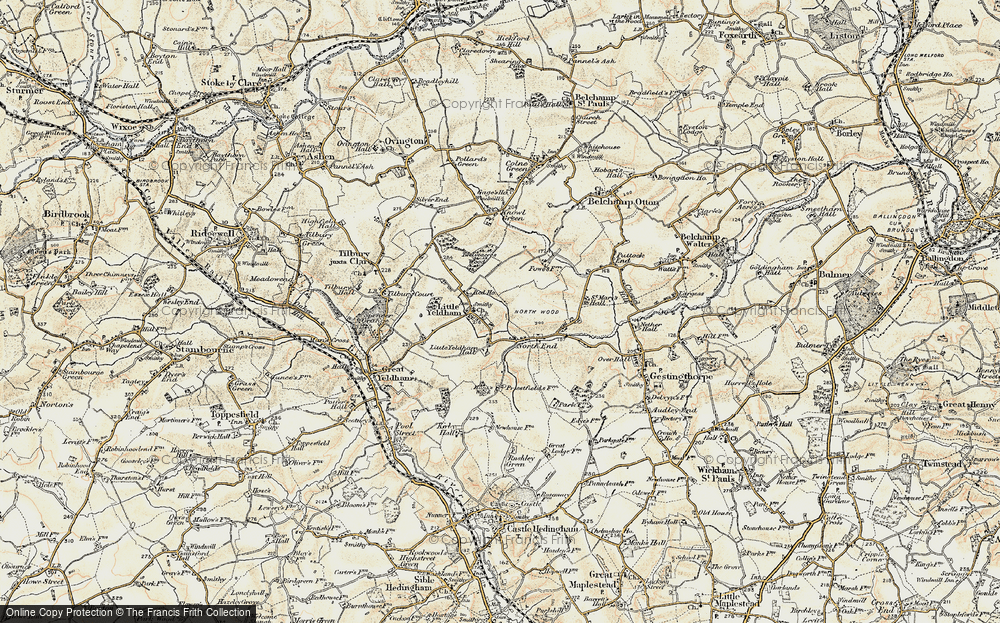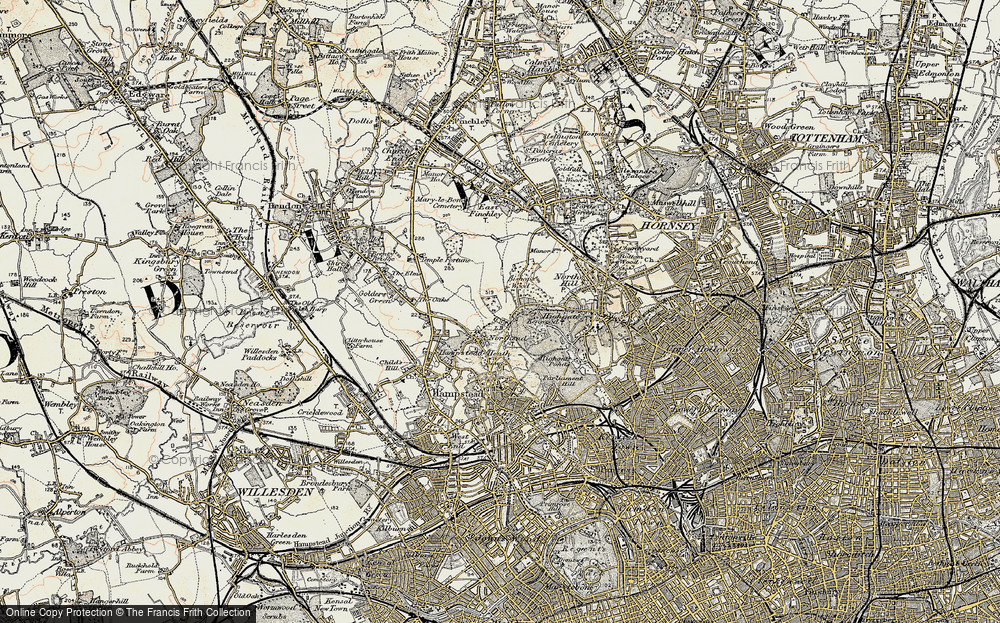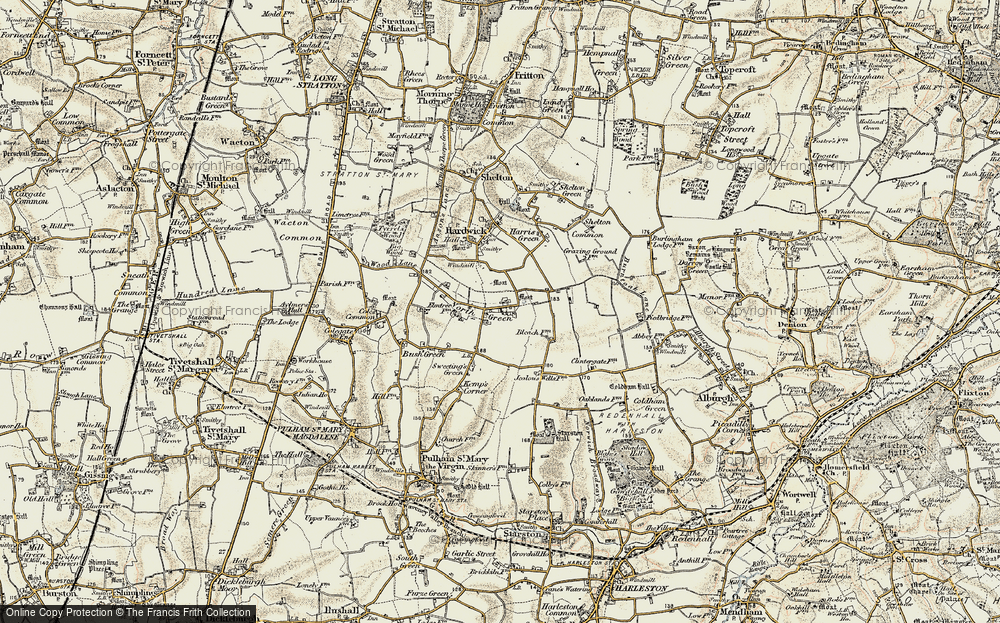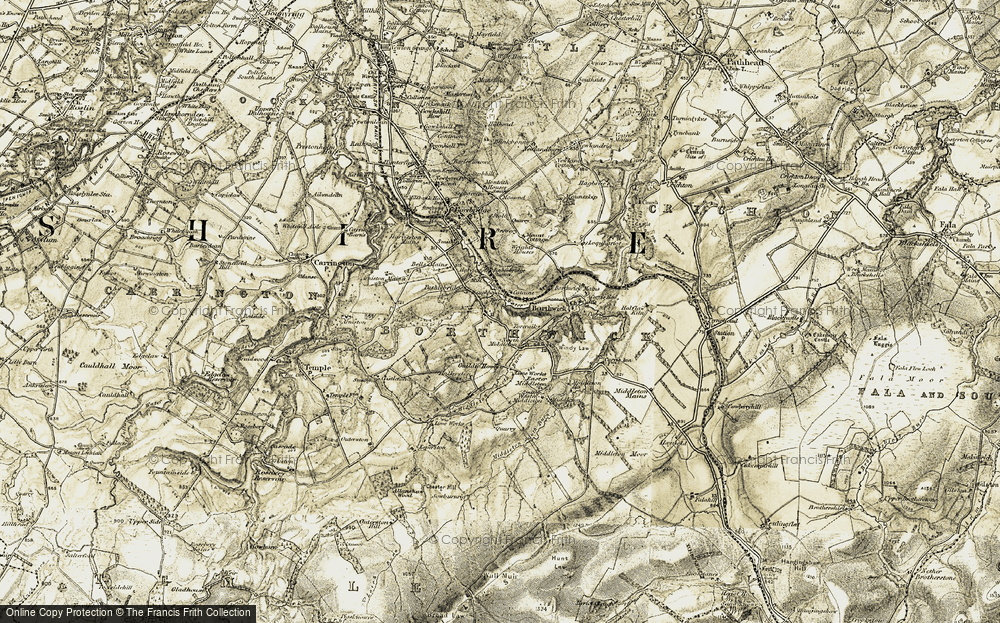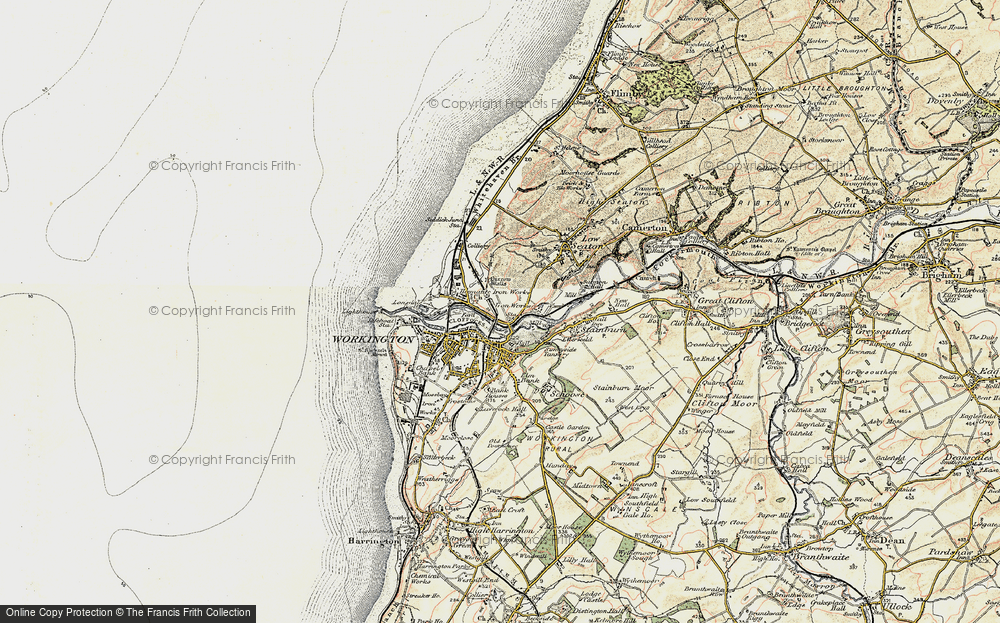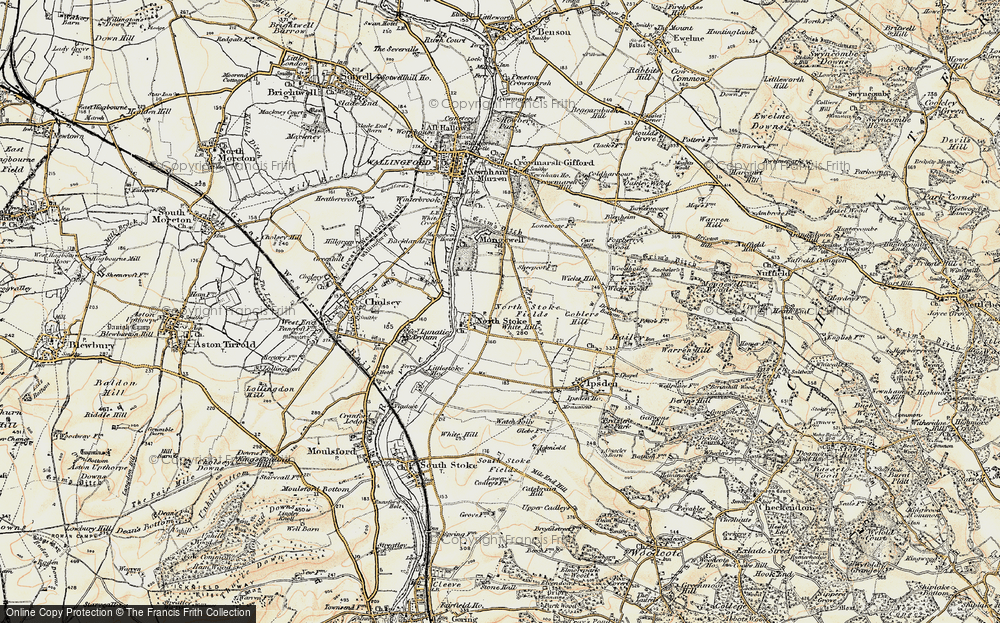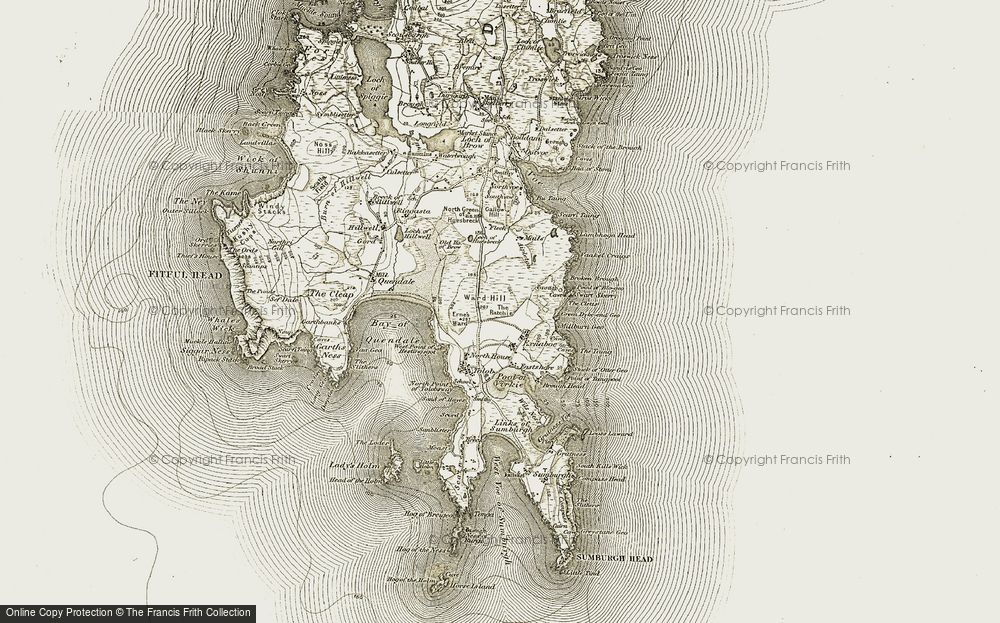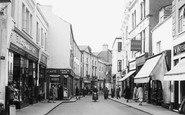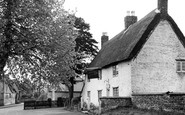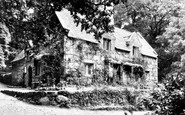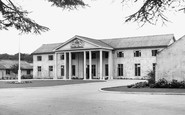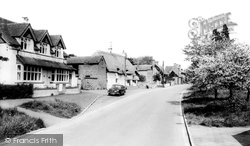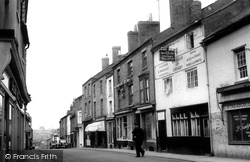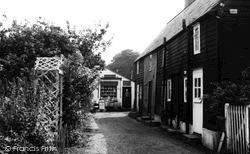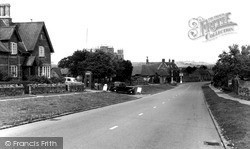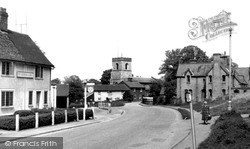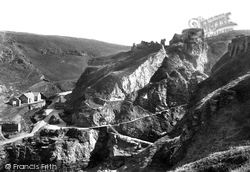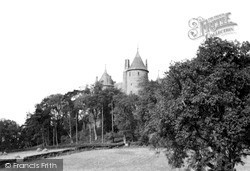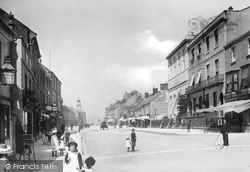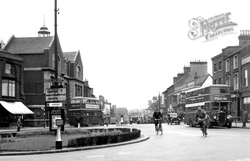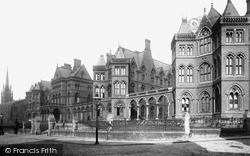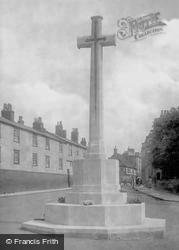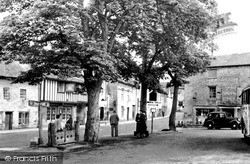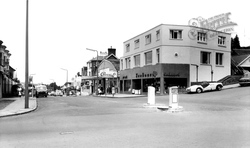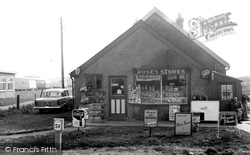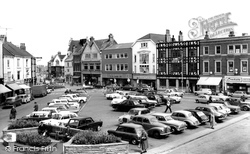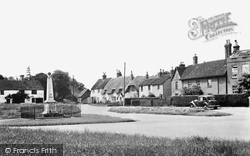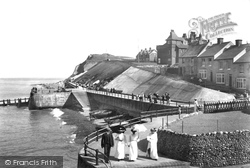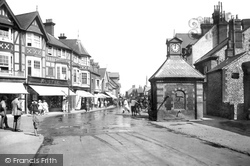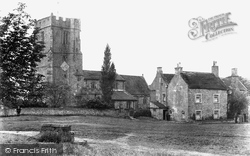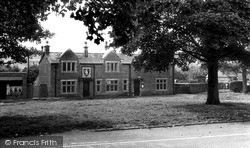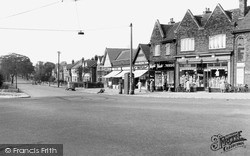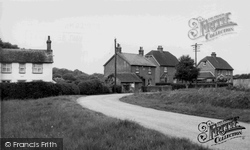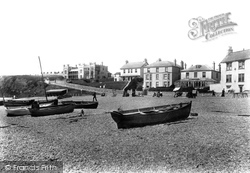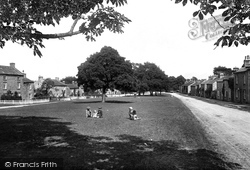Places
Sorry, no places were found that related to your search.
Did you mean: north ness or na h ness or nook ness ?
Photos
12 photos found. Showing results 1,121 to 12.
Maps
9,582 maps found.
Books
30 books found. Showing results 1,345 to 1,368.
Memories
4,597 memories found. Showing results 561 to 570.
Bournmouth In The 50's
When Dad had the motorbike and sidecar it was okay for day trips, but when we went for the fortnight summer holiday the bike could not carry us and the suitcases, so we had to go by other means. To get to Bournemouth we ...Read more
A memory of Bournemouth by
Ferndown In The 50's
I lived in Church Road from 1956 til 1970..and my parents continued to live there til 2000 . I remember going to the zoo and crying at the caged lion..can't believe the animals lived in such small cages . The town is so different ...Read more
A memory of Ferndown by
Wartime Coalville
I lived in Coalville in 1940. My father was a Police Inspector and we lived at the Vaughan Street Police station. There were two flats, the other was occupied by Dad's Sergeant. The Court used to sit upstairs in another part of the ...Read more
A memory of St Austell by
Raf Cottesmore Wwii
My father, Joseph Spielmann, served with the US Army Air Force attached to the Signal Corps during WWII. He often spoke fondly of his time in Cottesmore. His unit was housed in a manor house which belonged to the widow of an RAF ...Read more
A memory of Cottesmore by
Cocharan Family
Does anyone remember the Cochran family, Frankie , Kathleen and children Kath, Michael Colin and I think there was another girl Terecia. I would love to make contact with them they were my auntie and uncle and cousins. Thank you for reading this.
A memory of Llanbradach by
Lost Familey
hi there, my parents allso lived in collyhurst, were they owned there house and coalyard, there names were loretta and charles wood, they sold the house and bought a house in blacley(13 old road) but my dad drove daily back to the ...Read more
A memory of Collyhurst by
The Bringing Of Buckland Lower Lodge Into The 20th Century.
I am Jeannette McNicol (nee Elliott). My brother John and I moved there with my parents ,when I was 13 years old and he was 12. I had found the house when we were having a ...Read more
A memory of Buckland in the Moor by
Rheumatic Fever Patient
I was at The Canadian Red Cross Memorial Hospital, Taplow in 1954 as I was suffering from rheumatic fever. I was taken there from Ramsgate General Hospital with another girl from Cyprus who also had the same disease. It was a ...Read more
A memory of Taplow by
Baker Street/Cricket Common
Sad to say my last sight of this'green' was in 1981, from the 'new' units, gracious by modern standards, addressed as Baker St., but having this exact view from from the quite elegant sitting rooms. A dear friend and ...Read more
A memory of Weybridge by
Myrtle Street
i was brought up in myrtle street all during the war ...i remember the Tivoli picture house, i well remember the life we lived ...so poor but a real community spirit...our doctor was Dr. Black, up Lapage St. we first went to Bowling ...Read more
A memory of Bradford
Captions
1,673 captions found. Showing results 1,345 to 1,368.
Further east, the thatched shop on the left is nowadays a private house, The Old House. Beyond is another thatched cottage, The White House.
The Marquis of Granby was another one of the many pubs and alehouses in the town centre that no longer exist.
In this picture the East End Post Office can be seen on the right, the one building in the row not faced with weatherboard.The small store facing the photographer also housed the Coastguard Reporting
The large gabled house on the left of the street, with the telephone box outside, is the village shop and post office, both of which have since closed.
This quiet north Hertfordshire village offers teas in the garden - or something a little stronger at the Three Horseshoes (left). The pub had been the village school in 1873.
Here we are looking from the 'island' back to the outer ward of the castle, with the access lane down the valley on the left. The building is now a café.
Castell Coch has featured in a number of films, both for screen and television.
On the street, a new generation had not yet been born in the Victorian shot, but otherwise not much has changed.
From market place to bus terminus, centre for further education and declining shopping area; by 1955 Park Square was ripe for the redevelopment that did not actually happen for another 25 years.
This imposing brick building was built in the Gothic style to the design of George Gilbert Scott in 1868. In the distance is St George's church, another Victorian creation.
This is the north end of North Street with the Masonic Lodge off to the left. The war memorial was dedicated in October 1921.
The half-timbered Kings Head inn in the background recalls the coaching age: Northleach was on the main London, Oxford, Gloucester and South Wales road (the main A40 road now by-passes the
Both businesses have now moved.
The building is still there, but the business is now renting space for caravans, and another Mr Rose (son of William) is the proprietor.
The Tivoli Tavern can be seen to the left, but Albert Gait has been replaced by the Alliance and Leicester (the gabled building, centre left), and Citi Financial is installed in Pinbox House (centre).
Down at Church End there is another more well-known and photographed pond; it and the 13th-century parish church are to the left of the War Memorial.
They started business in the 1860s, and the number of boats made by this firm and another called Emery's ran into hundreds.
The flint-faced buildings on the right are some of the original village houses, but virtually all the rest of the High Street buildings have been replaced.
The church clock was replaced in 1921 by another in memory of the villagers who fought in the First World War.
We are not sure when it became the 'local', but it is thought that Mr Romer Williams, whose name it preserves, was the resident of Newnham Hall for the first decades of the 20th century.
Located in the suburb of Allerton, this junction provides access to West Allerton train station and to the B5180 and A562 arterial roads.
Half a mile south of the hamlet with the parish church and Chiddingly Place is another small hamlet, Muddles Green, where cottages fringe a small green.
The building to the right, Cliff House, gained another storey soon after this photograph was taken; in the 1920s, it offered 'furnished apartments - an ideal spot for summer or winter residence
To the west of Jervaulx lies this pretty village, nestling around the spacious green.
Places (0)
Photos (12)
Memories (4597)
Books (30)
Maps (9582)


